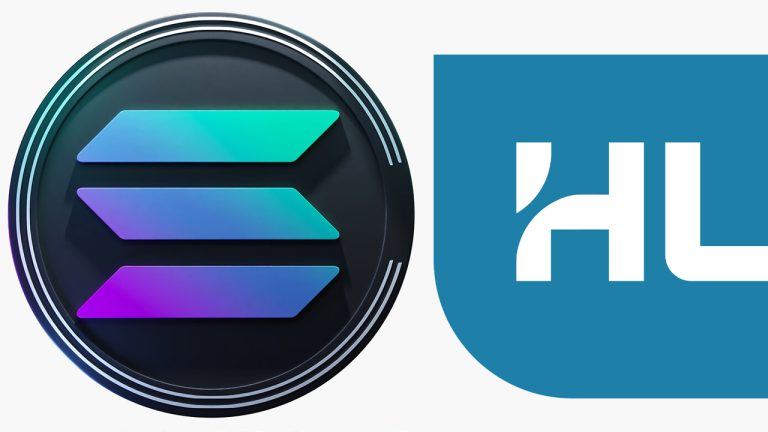Swiss, French Central Banks to Trial Wholesale CBDC Settlements With BIS and Private Sector

The central banks of Switzerland and France are joining hands with the Bank for International Settlements to test wholesale central bank digital currencies in cross-border transactions. The experiment will be conducted with the help of a private sector consortium led by Accenture.
European Central Banks to Collaborate on CBDC Project
The Swiss National Bank (SNB), Banque de France, and the Bank for International Settlements (BIS) Innovation Hub have announced this week they’ll cooperate on trials exploring the use of wholesale central bank digital currencies (CBDCs) for cross-border settlements. The tests will be supported by an Accenture-led private sector consortium that also includes Credit Suisse, Natixis, R3, SIX Digital Exchange, and UBS.
#BISInnovationHub @banquedefrance and the Swiss National Bank launch #ProjectJura – a collaborative experiment into wholesale #CBDC @SNB_BNS_en https://t.co/vtbMCSJA6i pic.twitter.com/lV7mKI7R0S
— Bank for International Settlements (@BIS_org) June 10, 2021
The project has been named “Jura,” after the mountain range which demarcates a long stretch of the French-Swiss border. The experiment will focus on cross-border settlements powered by two wholesale CBDCs and a French digital financial instrument on a distributed ledger technology (DLT) platform, SNB detailed in a press release published Thursday.
Testing will “involve the exchange of the financial instrument against a euro wholesale CBDC through a delivery versus payment (DvP) settlement mechanism and the exchange of a euro wholesale CBDC against a Swiss franc wholesale CBDC through a payment versus payment (PvP) settlement mechanism.” The transactions will be settled between banks based in France and Switzerland, SNB elaborated, emphasizing:
It is essential for central banks to stay on top of technological developments.
Project Jura to Test Effectiveness of Wholesale CBDCs in Cross-Border Settlement
Dozens of central banks around the world have been working on projects to issue CBDCs, including those of China, Russia, the U.S., and the Eurozone. The People’s Bank of China has arguably the most advanced project, with numerous domestic trials already underway and a plan to test the digital yuan (e-CNY) in cross-border transactions with Hong Kong. The Bank of France launched its wholesale CBDC program last year. Its deputy governor Sylvie Goulard recently commented:
The Eurosystem is engaging in innovation and adapting its actions to the strong trend towards the digitalization of payments. Banque de France is convinced of the potential benefits of wholesale central bank digital currency.
The central banking institutions noted that Jura is of an exploratory nature and should not be interpreted as an intention on their part to issue wholesale CBDCs. At this stage, the project aims to mainly investigate the effectiveness of wholesale central bank digital currencies for cross-border settlement.
According to Benoît Cœuré, Head of the BIS Innovation Hub, the experiment will contribute to advancing G20’s priority to enhance cross-border payments by exploring how wholesale CBDCs could increase speed, efficiency, and transparency in such scenarios.
“We are excited to join this project, which complements other CBDC experiments that we are working on,” the official added.
What do you think about the Jura wholesale CBDC project? Share your thoughts on the subject in the comments section below.



